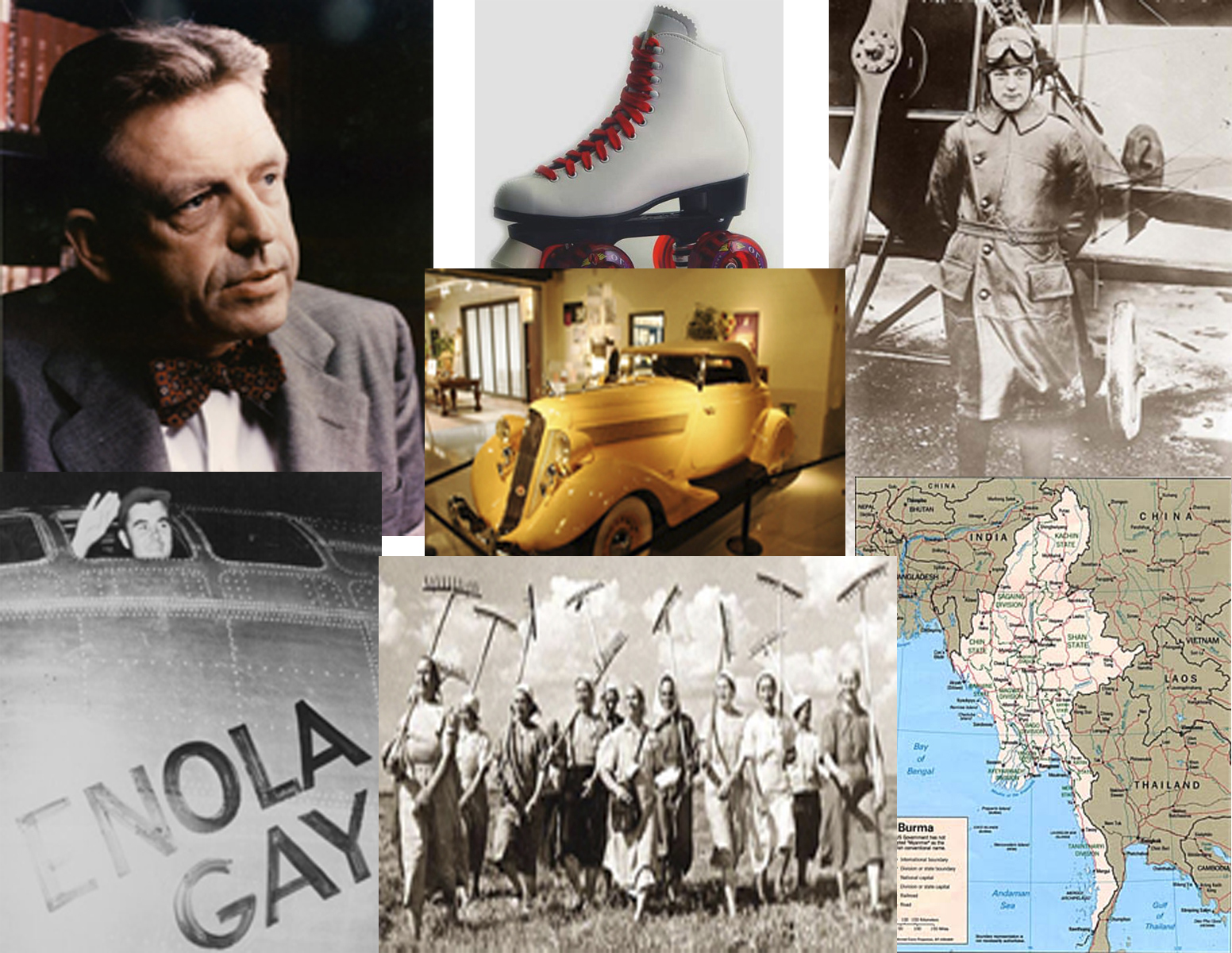Meinzen-Dick, Ruth, June 20, 2014
- Component Identifier:
- 14-013
- Interviewer:
- Colom, Gloria
- Scope Note:
-
In this interview Meinzen-Dick discusses her relationship with Elinor (Lin) Ostrom and how they met, through the International Food Policy Research Institute and the International Association for Study of the Commons (IASC). She goes on to discuss collaboration through the Consultative Group on International Agricultural Research (CIGAR), avoiding hagiography, the IASC conferences, the Ostrom Workshop, and Elinor Ostrom's influence as a role model for women faculty.
- Language:
- English .
- Physical description:
- 11 pages; 1 .wav file, 54 minutes; no index
- Subjects:
- "Governing the Commons"
irrigation
Institutional Analysis and Development Framework (IAD)
Nobel Prize
water management
senior research fellow - Names:
- Consultative Group on International Agricultural Research (CGIAR)
International Association for Study of the Commons (IASC)
International Food Policy Research Institute (IFPRI)
Ostrom Workshop
Ostrom, Elinor
von Benda-Beckmann, Franz - Places:
- England
India
Philippines
Access and use
- Restrictions:
-
Open
- Terms of access:
-
The archive of the Center for Documentary Research and Practice at Indiana University is open to the use of researchers. Copies of transcript pages are available only when such copies are permitted by the deed of gift. Scholars must honor any restrictions the interviewee placed on the use of the interview. Since some of our earlier (pre-computer) transcripts do not exist in final form, any editing marks in a transcript (deletions, additions, corrections) are to be quoted as marked. Audio files may not be copied for patrons unless the deed of gift permits it, and a transcript is unavailable for that interview. The same rules of use that apply to a transcript apply to the audio interview. Interviews may not be reproduced in full for any public use, but excerpted quotes may be used as long as researchers fully cite the data in their research, including accession number, interview date, interviewee's and interviewer's name, and page(s).
- Parent restrictions:
- Access varies by interview.
- Parent terms of access:
- The archive of the Center for Documentary Research and Practice at Indiana University is open to the use of researchers. Copies of transcript pages are available only when such copies are permitted by the deed of gift. Scholars must honor any restrictions the interviewee placed on the use of the interview. Since some of our earlier (pre-computer) transcripts do not exist in final form, any editing marks in a transcript (deletions, additions, corrections) are to be quoted as marked. Audio files may not be copied for patrons unless the deed of gift permits it, and a transcript is unavailable for that interview. The same rules of use that apply to a transcript apply to the audio interview. Interviews may not be reproduced in full for any public use, but excerpted quotes may be used as long as researchers fully cite the data in their research, including accession number, interview date, interviewee's and interviewer's name, and page(s).
- Preferred Citation:
-
[interviewee first name last name] interview, by [interviewer first name last name], [interview date(s)], [call number], [project name], Center for Documentary Research and Practice, Indiana University, Bloomington, [page number(s) or tape number and side if no transcript; if digital audio and no transcript, cite time when quote occurs].
- Location of this collection:
-
Franklin Hall 0030B601 East Kirkwood AvenueBloomington, Indiana 47405, United StatesVisit Center for Documentary Research and Practice
- Contact:
- 812-855-2856
